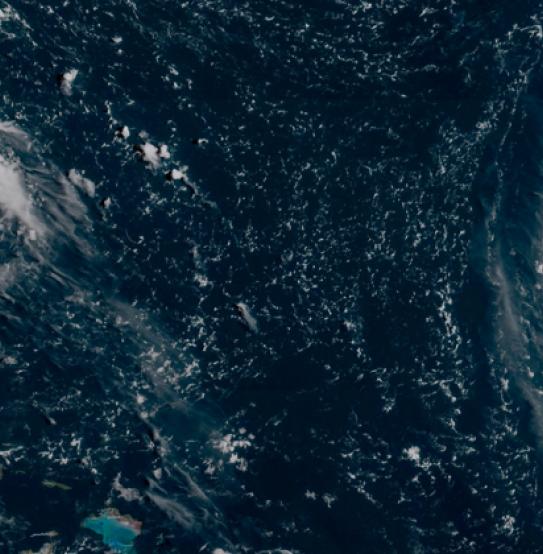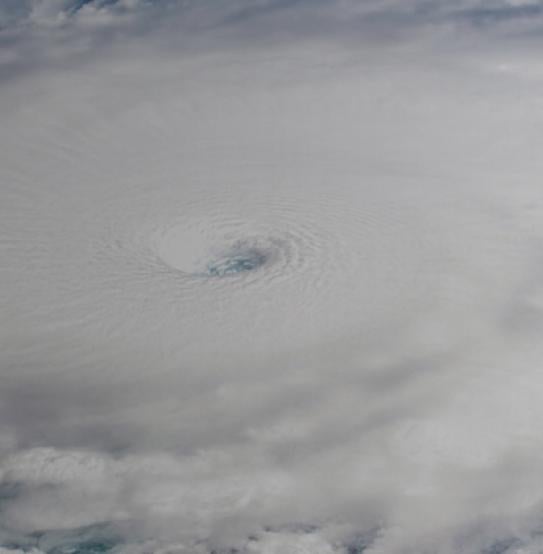Reset Filters
link

 Upcoming Events and Webinars
Upcoming Events and Webinars


April 17, 2024
Moody’s RMS Monthly Breakfast Briefing
Leveraging ILS for European Climate Risks
link

 Industry Conferences
Industry Conferences

March 12, 2024 - March 13, 2024
CAT Risk Management & Modelling Summit
Moody’s RMS will be a sponsor at the 11th annual CAT Risk…
link

 Industry Conferences
Industry Conferences

February 26, 2024 - February 29, 2024
RAA Cat Risk Management 2024
Moody's RMS will be a sponsor at the RAA 2024 Cat Risk…
link

 Upcoming Events and Webinars
Upcoming Events and Webinars


February 07, 2024
Moody’s RMS Breakfast Briefing
Modeling Cyber Risk for the ILS Market










